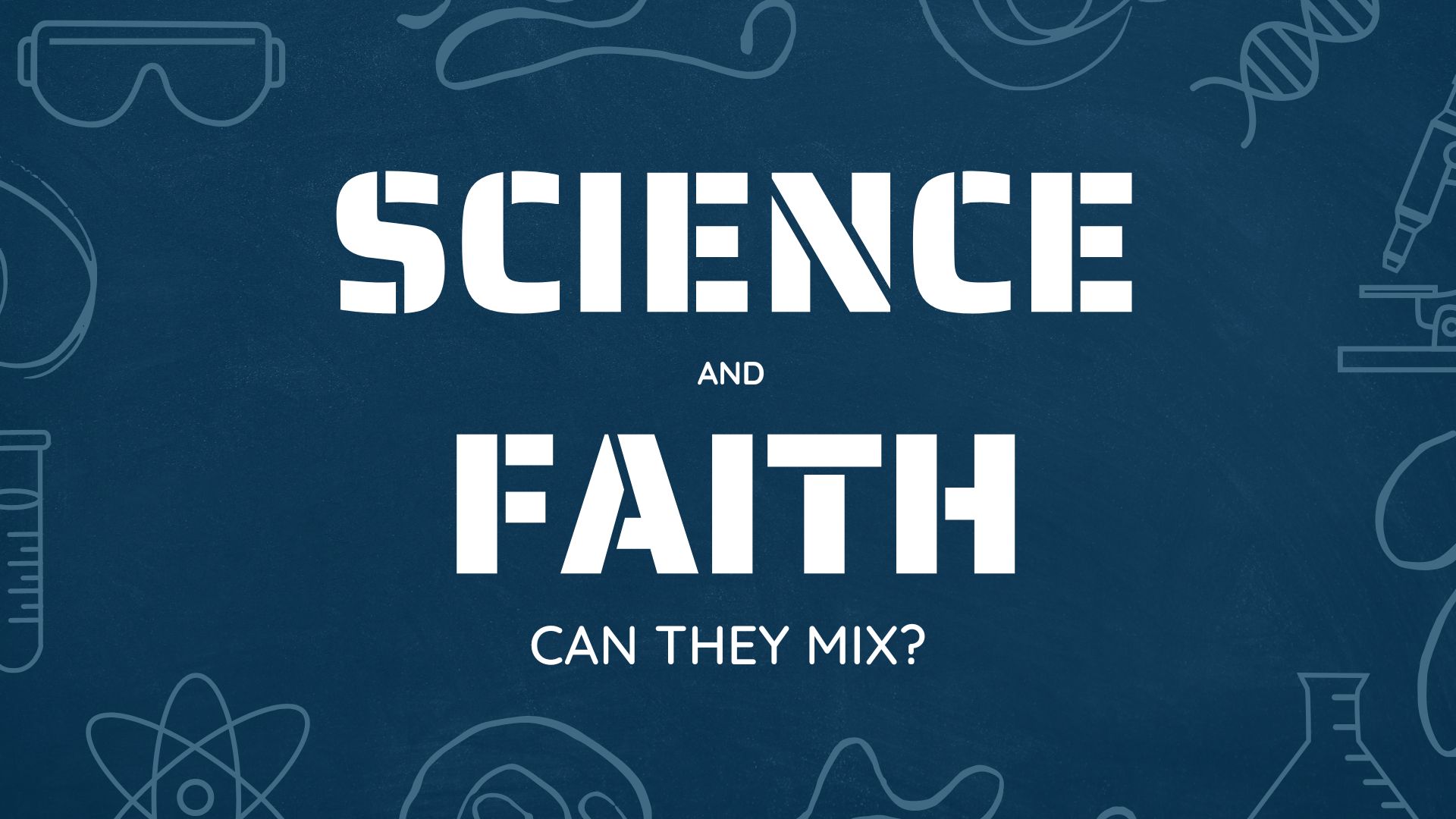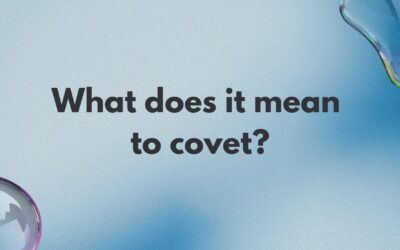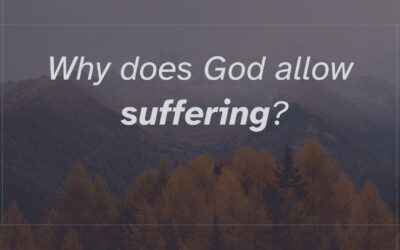There’s an argument today that says something like, “Religion is at odds with science. Science deals with the rational; it is the opposite of blind faith.”
This is what’s commonly known as a false dichotomy, where only two options are presented as possible, and each is opposed to the other. In reality, more options are possible.
But, science and faith can mix just fine. Further, they should mix.
Christians believe that God created the entirety of the universe. And science is the study of that creation. Which means that science will only lead us back to Him.
Science, according to its own definition, deals with the observable. We use the senses we have to observe, hypothesize, test and repeat.
And it’s a great gift – to be able to rationally and methodically study and experiment, in order to figure out things about this incredibly complex world we live in.
But to hear skeptics tell it, we must make a choice between science and faith. If you have one, you can’t have the other.
There is a famous Greek word that describes this argument: baloney. [1]
We can look at the world around us and make rational judgments through observation. But what we can learn will only take us so far. Since science deals with the observable; it stops short of the philosophical. It’s when we try to use science beyond its limits that we see a perceived incompatibility with faith.
For example, if we say that science tells us there is nothing beyond the natural material world, we’re making a hypothesis that science cannot test and verify. Science is limited by the natural, observable world. It cannot say if there is anything beyond it. And quite ironically, to say definitively there is nothing else is to make a statement on faith.
Just as in much of our discourse today, some have subtly redefined a word to suit their desires, the term science has been used outside of its meaning. Science uses the created to learn about the creation. It can go no further. It leads us to make conclusions about what we observe. And our worldview plays a significant role in what conclusions we come to.
One of the more powerful evidences for the truth of the Bible is modern archaeological discoveries, which have confirmed centuries-old details of Scripture.
There are many books on this subject, but one of my modern favorites is Is Atheism Dead? by Eric Metaxas.
The Christian has absolutely nothing to fear with science. Through it, he or she can only gain more understanding of God’s creation, and thus more opportunity to give Him glory.
[1] There is no actual Greek word “baloney.” There is, however, no shortage of nonsensical arguments of the same substance.




